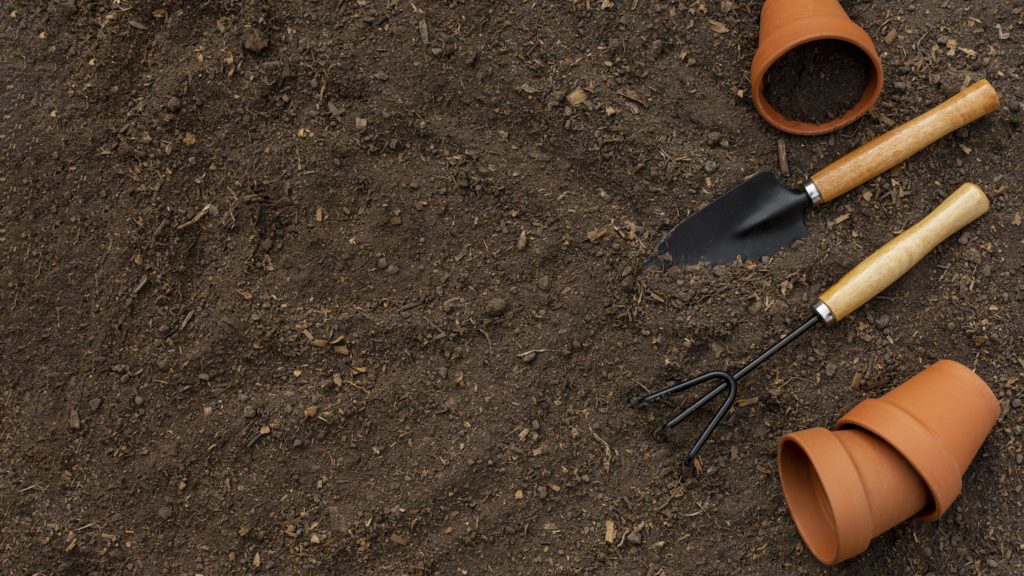How to start home gardening to face the food crisis

Everyone is worried about a food crisis coming to Sri Lanka. On the other hand, vegetable and fruit prices are going crazy high every month. What if you can grow your own food and enjoy fresh produce for a fraction of the price at the supermarket? Home gardening is the best way to ensure food sufficiency for your family. So let’s look at how you can start a home garden and grow your own vegetables and fruits.
Importance of starting a home garden
- A relaxing hobby
- Gearing up for the crisis ahead
- Utilizing land space
- Benefits the whole family
How to start a home garden in Sri Lanka
- Tip 1 – Grow without space
- Tip 2 – Grow without soil
- Tip 3 – Start with great soil
- Tip 4 – Prepare the plant bed
- Tip 5 – Get Planting
- Tip 6 – Take Care
- Tip 7 – Join a Green Community
First, let’s look at some of the benefits of home gardening.
Importance of home gardening
A relaxing hobby
Get away from the digital screens and distractions in life. Get some fresh air outdoors and plant a tree that helps sustain lives and commune with nature. Feel accomplished as your nurtured shoot grows into a full-sized plant.
Gearing up for the crisis ahead
What is to come, will come. So you should prepare for it now rather than suffer from it later. Stay away from long queues and soaring prices of daily essentials when they can be homegrown. Get your produce at your own convenience with home gardening.
Utilizing land space
Flowers and bushes need a lot of maintenance, but there are plenty of other things you could still grow. Especially those of immense value and common use. Such plants include fruits, vegetables, ayurvedic plants and medicinal herbs.
Benefits the whole family
Co-existing with nature by means of a diverse garden brings about great changes. Better sleep, lower stress, an elevated mood, and home gardening as a physical family activity. So growing vegetables in Sri Lanka, even fruits can pave the way for a healthier diet for all.
How to start home gardening in Sri Lanka
Now, let’s look at how you can start a garden even if you don’t have any experience in home gardening. These tips will help you start on your vegetable garden ideas with more confidence.
Tip 1 – Grow without space
If you have a passion for gardening but don’t have a spacious yard– don’t worry. Home gardening in containers and small pots is one fine way you could use the small space available to you.
Plant climbers and runners to occupy vertical or horizontal structures. On the other hand, hanging or wall-mounted gardens help occupy barren, concrete walls with vibrant flowers. You can also have your windowsill space include small pots or window boxes of herbs and pleasant flowering.

When doing container gardening, ensure the containers and pots allow for enough draining. You do not want to drown your seedlings in excess water so ensure enough draining.
Tip 2 – Grow without soil
Even those who live in apartments can grow plants without the use of soil. The trick for this is to use some small-scale hydroponic techniques. Plants grown as such use less water, grow faster and have higher yields, science shows.
Hydroponic plants can be grown along half-open pipelines fit onto walls. It’s yet another good option for those who don’t have much space and earth.
Tip 3 – Start with great soil
Plants need an essential supply of nitrates, phosphates, and potassium. Other nutrients include calcium, magnesium, and sulfur. Also, keep in mind that healthy soil accounts for healthy plants free of deficiency defects.
Synthetic fertilizers aren’t the only things that maintain soil fertility. Egg shells, food waste, banana skins, manure – there’s a list of organic waste that help make fertile soil. So make sure your plants have ample nutrients to grow and don’t make them have to compete for it.
Tip 4 – Prepare the plant bed
Start by raking off the topsoil and filling it up with the organic matter. The waste will rot into hummus, providing the perfect conditions for plant growth. So, loosening the topsoil helps roots access nutrients and water needed for their growth.
Tip 5 – Get Planting
Disperse the seeds over the dampened plant bed and then start compacting the soil. Compact the soil by placing a wooden plank over the plant bed and stepping on it. Water the seedlings well, but not too much to the point that they rot.

Tip 6 – Take Care
New vegetable seed beds need to be watered quite often. So continue to water the plant well at least once a day. As the vegetables grow, the need for watering may be minimized. Feed it as it grows as a response to its growing needs in case you spot some deficiencies. Know the remedy for each defect in case you don’t follow our next tip.
Tip 7 – Join a Green Community
Sri Lankans love to share their home gardening progress and tips on social media groups. In such places, you’ll find a whole repository of gardening tips. From vegetable garden ideas and remedies for keeping insects and pests away – there’s a lot of information to learn. You can also share your experiences in the groups so those who come across them can learn too.

If you are interested in growing vegetables in Sri Lanka for your household needs, there is no better time to get started than now. There are so many free resources out there that you can learn more about home gardening. And if you need any home gardening tools, equipment or plants, pay a visit to Ikman.lk.




